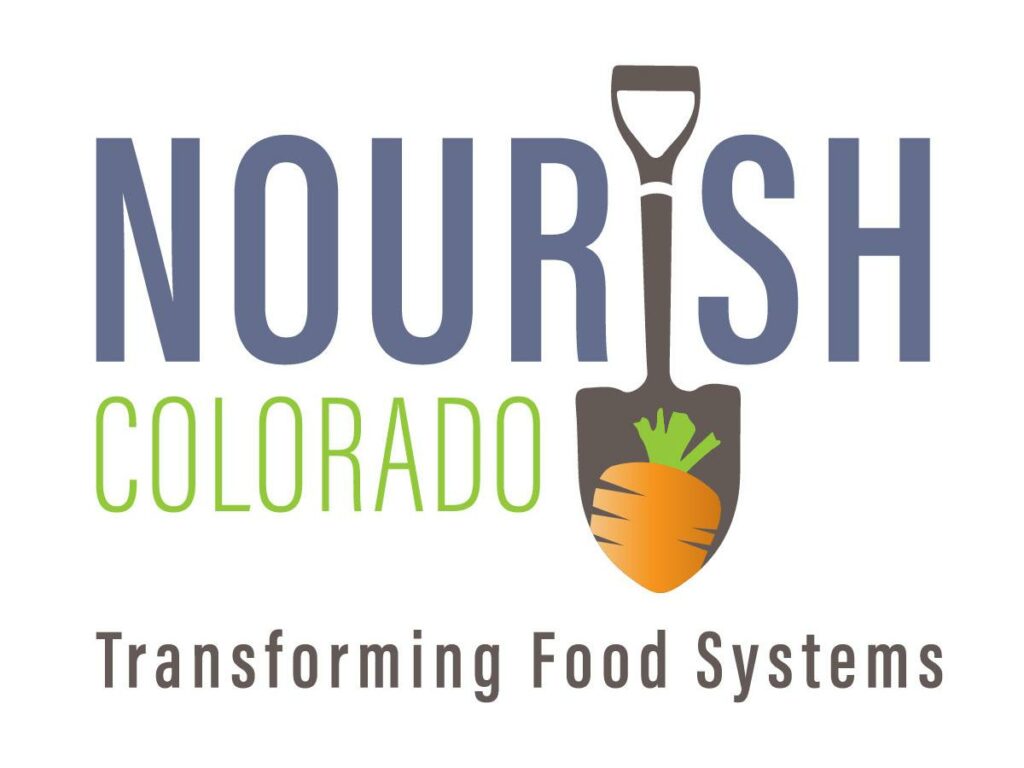LiveWell is excited to announce the launch of the LiveWell Colorado HEAL Library! This recently updated resource is a searchable library with policies for use by community leaders, advocates, municipal and county staff, and elected officials. The library contains policy examples in the following areas:
| Biking | Food procurement | Trails |
| Community gardens | Food production | Transit |
| CSA distribution points | Grocers & corner stores | Transit-oriented development |
| Compact, mixed-use development | Healthy workforce | Urban agriculture |
| Complete streets | Parks | Vending & concessions |
| Farmers markets & produce stands | Recreation Centers | Walking |
In celebration of LiveWell’s ten year anniversary, we are sharing ten of the innovative policies found in the library. Also, we know that many municipalities have great HEAL policies that are not yet included in the HEAL Library. Please share with us by contacting Leslie Levine. To add a policy, we will need a PDF or link and a brief summary of the policy.
- Timnath updated the Land Use Code to encourage bicycle travel by including provisions that direct the amount of bicycle parking required, where bicycle parking is located, and the design of bicycle parking.
- Broomfield’s Recreation Services Department has a Healthy Vending Policy that specifies the types of beverages and food items that can be offered, as well as guidelines for advertising and promoting food products.
- Buena Vista adopted a Branding and Wayfinding Master Plan to create a cohesive identity for the town while helping residents and visitors navigate the community on foot or bike through the wayfinding signage.
- Pueblo adopted Community Garden Performance Standards to ensure that community gardens remain positive attributes to the city. The standards address expansion, permitting, and maintenance, and provide protections for neighboring land uses in the event that a community garden is not maintained.
- Englewood’s Comprehensive Plan includes key indicators to measure the city’s progress toward increasing access to healthy food and physical activity including tracking how people move around the city, the increased availability of bike routes/lanes, access to parks, and proximity full service grocery stores.
- Golden’s farmers market policy requires farmers markets to accept SNAP benefits and ensure that SNAP Eligible Foods comprise a minimum of 51 percent of annual market revenue or 51 percent of market vendors.
- Durango’s Land Use and Development Code includes Street Design Objectives that support safe and efficient travel for all users and modes, including pedestrians and cyclists.
- Longmont’s Comprehensive Plan encourages the city to support community gardens and farmers markets, reduce barriers for farm stands and the sale of locally produced food products, and collaborate with local and regional partners to support agriculture in the St. Vrain Valley Planning Area.
- Wheat Ridge adopted a Residential Zoning and Urban Agriculture Guide. The guide facilitates urban agriculture through such things as helping residents understand water, power and soil regulations; defining large and small livestock regulations; and regulations on the sale of produce.
- Aurora adopted Urban Street Standards in transit oriented developments and urban centers. The standards aim to create a safe, comfortable, pleasant and pedestrian-friendly environment and to foster the creation of vibrant civic places and economic vitality in transit oriented developments.
